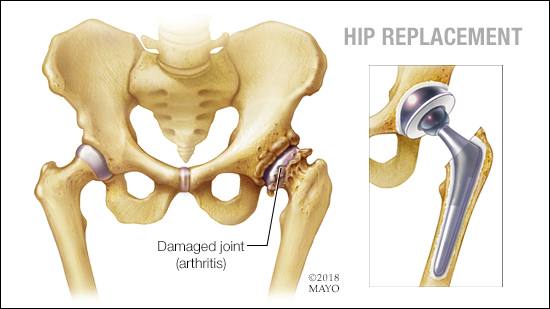Jobs
Arizona, beware: This is how government kills jobs and makes food cost more

Opinion: Politicians in both states are wise to let the free market function. But, these days, only Arizona seems willing to do so.

Most California’s fast food employees will now make at least $20
Fast food chains with 60 or more locations nationwide are required to meet California’s $20 minimum wage increase.
California might be called the Golden State, but it’s the Copper State that’s shining more brightly.
Things haven’t been going too well for our neighbors to the west.
California leads the nation in unemployment, accounting for 20% of all missing jobs in the nation. They also hold the most government debt, totaling $600 billion.
Oh, and the highest individual tax rate in the U.S.
Meanwhile, Arizona’s unemployment rate is at a record low, our debt is about 7% of California’s, and our tax rate is 2.5% compared to their 13.3%.
Minimum wage hike has killed California jobs
But Gov. Gavin Newsom has a plan to fix his failing state. On April Fools’ Day, he raised the minimum wage of fast-food workers from $16 per hour to $20 per hour.
“Today, we take one step closer to fairer wages, safer and healthier working conditions, and better training,” Newsom said, “by giving hardworking fast-food workers a stronger voice and seat at the table.”
Less of a “seat at the table” than a spot in the unemployment line.
Since the law was signed last September, the eateries laid off 9,500 employees. Since it took effect, they dropped 1,250 more jobs.
Round Table Pizza and Pizza Hut, for example, announced they were eliminating about 1,280 delivery driver positions. As one former driver told The Wall Street Journal, “What’s the point of a raise if you don’t have a job?”
El Pollo Loco cut employees’ hours by 10%, while Rubio’s Coastal Grill is shuttering 48 locations in California alone.
The result: Higher costs, fewer opportunities
The restaurants are also passing the higher costs to consumers.
Wendy’s increased prices by 8%, Chipotle by 7.5%, and Starbucks by 7%. McDonald’s has announced price hikes, and other franchises have enacted hiring freezes.
Everyone who sat through an Economics 101 lecture knew this would happen. As Frédéric Bastiat wrote 174 years ago, “Almost always, the immediate consequence is favorable, the ultimate consequences are fatal.”
The main outcome of the law was to make Californians pay more while reducing their opportunities for jobs.
Worse still, young entry-level workers are even in a tougher spot. The unemployment rate is much higher among 16- to 24-year-olds than it is for every other age group.
Big minimum wage hikes like this always hurt the underprivileged, the very people they’re supposed to help. Besides, if jumping from $16 to $20 is good policy, why not set it at $100?
Prevailing wage effort here was doomed
While California makes a convenient economic punching bag, it also serves as a fine contrast with Arizona.
Phoenix and Tucson foolishly adopted “prevailing wage” ordinances that required public-works contracts to pay workers similar rates to others who do comparable work in the area.
This sounds nice, in theory … but it’s illegal.
Arizona will lose: If it follows California’s minimum wage hike
Representing several contractors’ groups, the Goldwater Institute filed a lawsuit and a state judge agreed with them, striking down the laws.
Ricardo Carlo, president of the Associated Minority Contractors of Arizona, celebrated the decision as “a win for minority contractors.”
“We call on the city of Phoenix and the city of Tucson to cease further legal actions and focus on supporting all contractors in Arizona,” Carlo added.
Arizona is wise to let the free market function
Thankfully, Arizona workers will improve their chances of building public projects, while taxpayers won’t have their bank accounts drained by political cronyism.
Whether in California or Arizona, when the government artificially raises wages, workers get fired, fewer new positions are created, businesses increase automation and consumers get fleeced.
All of this increases inflationary pressure, stifles economic growth and exacerbates inequality.
Politicians in both states are wise to let the free market function. But, these days, only Arizona seems willing to do so.
Jon Gabriel, a Mesa resident, is editor-in-chief of Ricochet.com and a contributor to The Arizona Republic and azcentral.com. On X, formerly Twitter: @exjon.









